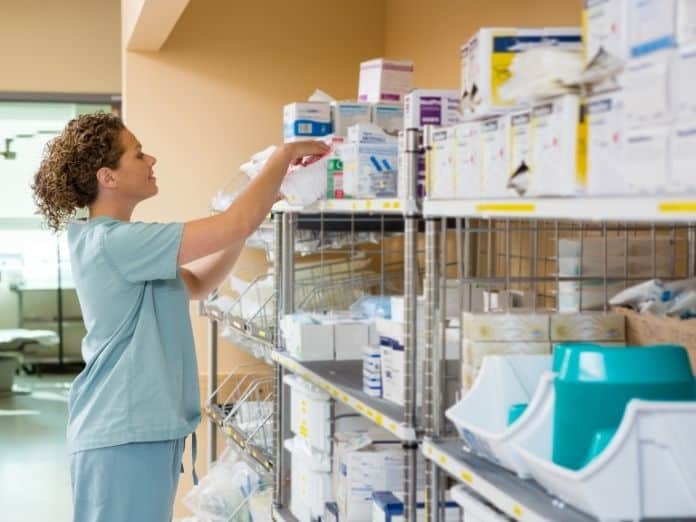Hospitals are ideally places for healing and life, but if they’re not properly looked after, they can quickly become breeding grounds for infections. Whether you’re a health care administrator or just someone visiting a loved one, you should review these insights into how to prevent infections in hospitals so that you know what you should expect from a visit.
Wash Hands
The most surefire way to reduce the chance of a hospital infection is for all the employees to frequently and vigorously wash their hands. Hospital personnel should wash their hands under warm water with lots of soap for at least 20 seconds. Hand-washing should be mandatory before they drink and eat as well as before and after providing care.
Disinfect Surfaces
Every time a patient checks out of the hospital, their room should be thoroughly cleaned using a cleaner that contains bleach. This will stop the possible spread of infection from the patient leaving the space to the one entering it. Non-patient rooms should be treated with a similar attention to cleanliness. Breakrooms, bathrooms, and nurses’ stations must be thoroughly cleaned daily.
Cleanly Store Medical Supplies
Medical supplies must be kept as clean as possible to avoid any contamination. Items such as catheters and surgery tools arrive to the hospital in cleanroom poly tubing, a low-density polyethylene encasing that ensures the objects within aren’t exposed to any unwanted particles. These tools should remain in the poly tubing until they’re needed to treat a patient.
Change Linens and Keep Food at Room Temperature
Sometimes how to prevent infections in hospitals is just a matter of good housekeeping. Hospitals that stay on top of sanitation change and wash the sheets daily. The sheets should also be washed whenever they appear visibly dirty or fall on the floor.
Furthermore, food must be looked after to eliminate the possibility of spoilage and infection. Food that has been left out too long should be thrown away. In most hospitals, each floor has its own refrigerator. The temperature of refrigerators should be checked every shift to make sure the food is safe.






